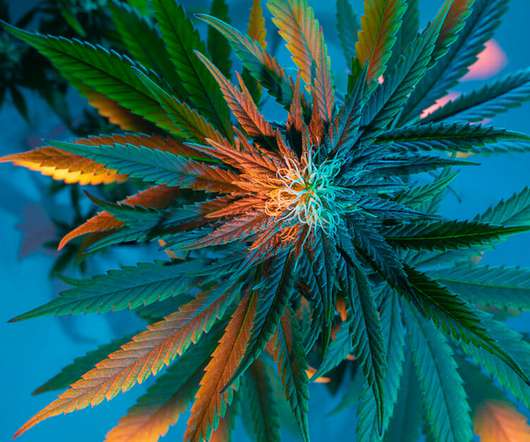12 Things You Missed at CannMed 23
Medicinal Genomics
JULY 13, 2023
one of just seven federally DEA- licensed cannabinoid research labs, had some encouraging news about how cannabinoids and cannaflavins can lengthen life spans while improving health spans. The post 12 Things You Missed at CannMed 23 appeared first on Medicinal Genomics. Watch Dr. Russo’s Presentation Hunter Land, Ph.D,












Let's personalize your content